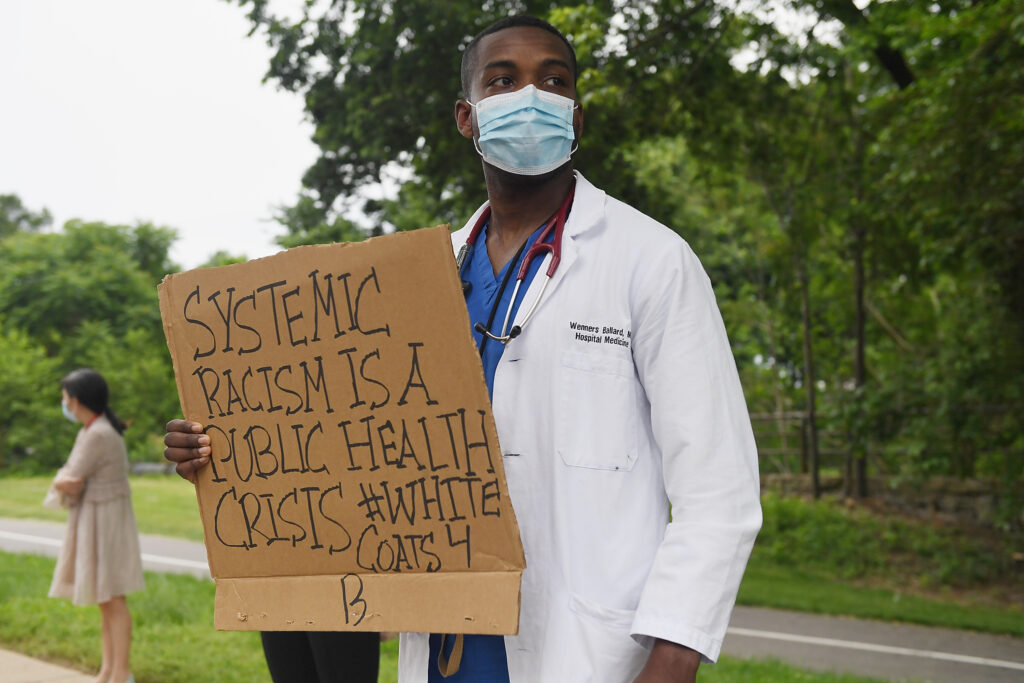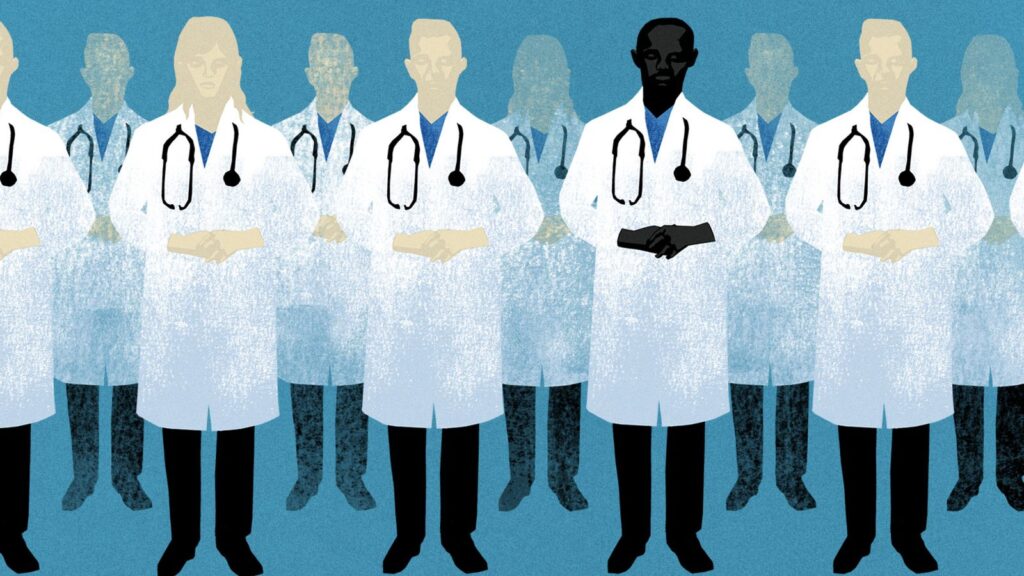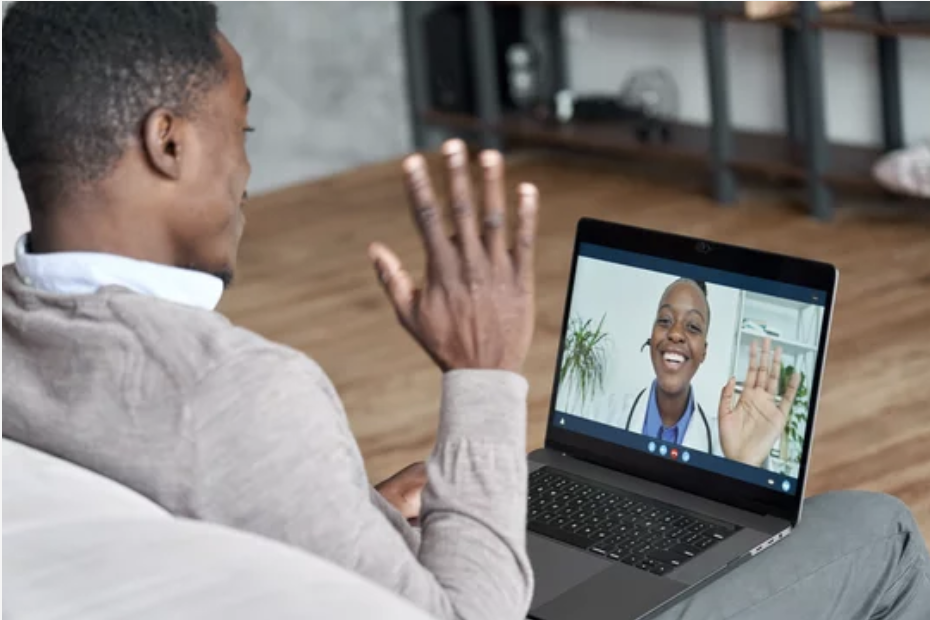In the United States, healthcare disparities within Black communities persist, posing significant challenges, particularly for Black women. At Yaah!, we delve into the urgent need to prioritize Black healthcare, especially within the context of the digital age. Virtual healthcare platforms have emerged as a transformative solution, offering the potential to address these disparities by connecting Black patients with culturally competent Black doctors. In this article, we explore the state of Black healthcare in America, emphasize the demand for more Black doctors, and discuss how virtual doctors’ offices might hold the key to a healthier and more equitable future for all Americans.
Healthcare Disparities Affecting Black Americans

Healthcare disparities affecting Black Americans are a serious issue, resulting in higher rates of chronic illnesses, maternal mortality, and reduced life expectancy. These disparities are rooted in social and systemic factors, and we need a comprehensive and equitable approach to tackle them.
For instance, Black Americans often face higher rates of chronic illnesses like diabetes, hypertension, and heart disease. The numbers are staggering – According to the Centers for Disease Control and Prevention (CDC) Black adults are 60% more likely to have diabetes than non-Hispanic white adults – and heart disease takes a higher toll on the Black community.
Maternal mortality rates among Black women are alarming, according to the CDC, Black women are three to four times more likely to die from pregnancy-related complications than white women. Limited access to quality prenatal and postnatal care is a significant factor.
Life expectancy for Black Americans is lower on average than for white Americans. That’s a combination of disparities in healthcare access and a higher prevalence of chronic diseases. According to the CDC’s National Vital Statistics Report, the life expectancy for non-Hispanic Black Americans is around 74 years, compared to about 79 years for non-Hispanic white Americans.
The Underrepresentation of Black Doctors

The underrepresentation of Black doctors in the medical field is another aspect of this issue. It’s essential to address this for the sake of healthcare equity and the betterment of Black patients’ experiences.
Black individuals pursuing careers in medicine often face racial bias and discrimination, which can limit their opportunities. Aspiring Black doctors also struggle to find mentors and role models who understand the unique challenges they face during their medical education and training.
The Hidden Solution: Virtual Doctors’ Offices

Now, here’s where it gets interesting – the rise of telemedicine, or virtual healthcare. It’s a game-changer, especially since the COVID-19 pandemic. Virtual healthcare means you can see your doctor from the comfort of your own home or anywhere with an internet connection. No more sitting in a waiting room for hours!
It allows patients to connect with healthcare providers from the comfort of their own homes or any location with an internet connection offering the advantage of quicker access to healthcare professionals, reducing the time patients have to wait for medical advice. Traditional in-person doctor’s appointments often come with long waiting periods. Patients can choose appointment times that suit their schedules, making it easier to receive care without disrupting their daily routines.
Virtual Doctor’s Offices: A Hidden Opportunity for Black Health

Having Black doctors accessible to Black patients fosters cultural competence and trust. Virtual doctor’s offices are a hidden opportunity to connect Black patients with culturally competent Black doctors who understand the unique healthcare needs of their community. It allows Black doctors to reach a broader audience in the Black community and enables Black patients to be seen by doctors who understand their unique needs. Plus, it can reduce costs and improve healthcare outcomes.
When you see a doctor who shares your racial or ethnic background, it’s easier to talk about your health concerns and follow their advice. It’s about ensuring healthcare is sensitive to your experiences.
But it’s not just about the present; it’s about the future too. Virtual healthcare can inspire aspiring Black doctors. When they see Black doctors in prominent roles within these platforms, it encourages them to pursue careers in medicine. It breaks down barriers and opens doors for a more diverse medical field.
Virtual doctor’s offices are changing the game, offering a pathway to address healthcare disparities, foster cultural competence, inspire future Black doctors, and bridge the healthcare gap. It’s about making healthcare more accessible, more affordable, and more inclusive for everyone, especially in Black communities. Let’s keep pushing for a healthier, more equitable future.

Leave a Reply